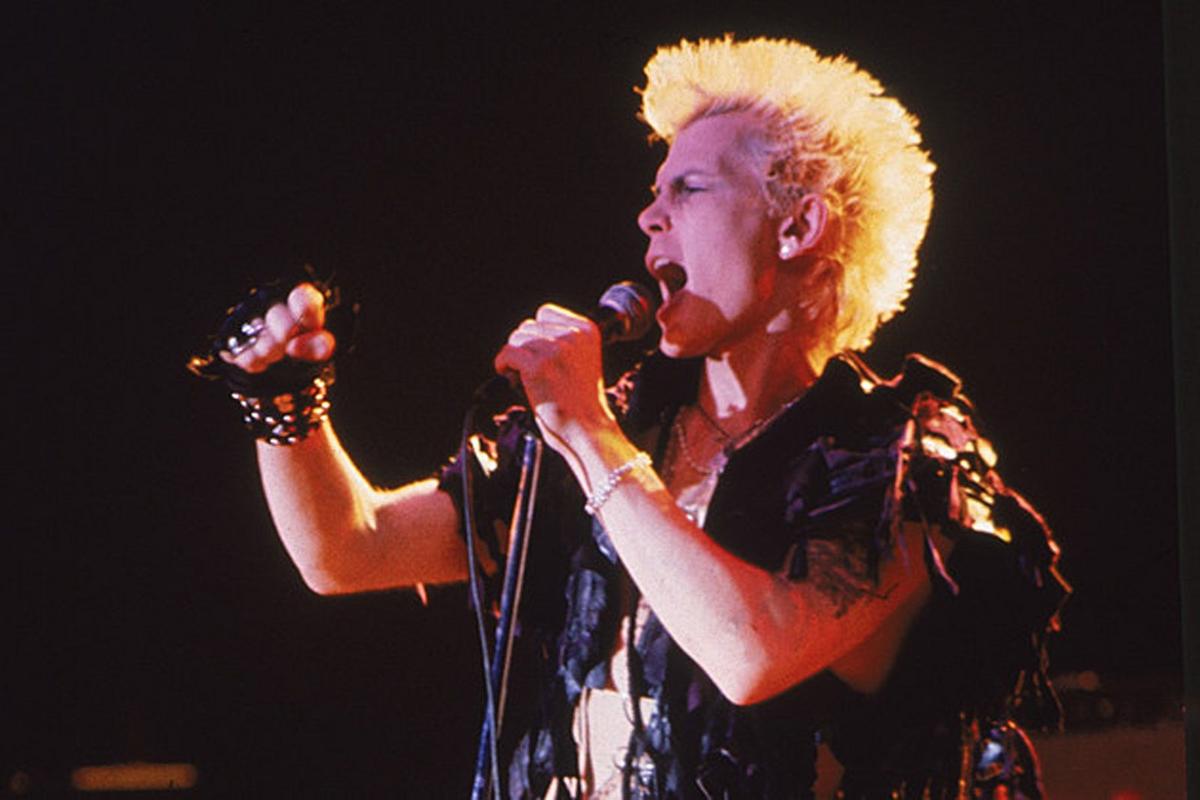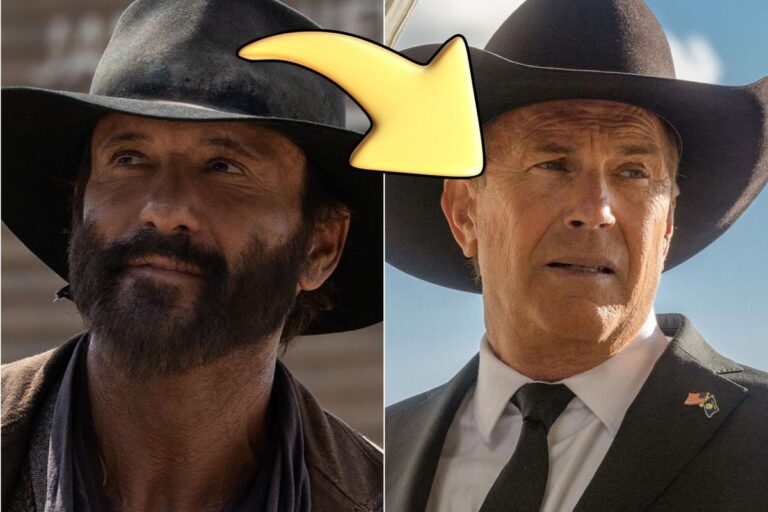Billy Idol recently told UCR he was “knocked out” to receive his first Rock & Roll Hall of Fame nomination. “It’s a great honor,” he said. “If I do get to be in the Rock & Roll Hall of Fame, you really get a chance to thank your fans. That’s what I like about it. You know, you get a chance to really thank everybody who supported you through thick and thin. So that’s an incredible honor.”
Here at UCR, we’re equally knocked out that it took the Rock Hall so long to acknowledge Idol. The punk icon has been eligible since 2006, and he’s maintained a relentless work ethic over the ensuing two decades, touring heavily and releasing new music. He remains one of rock’s most identifiable figures, and with millions of records sold, a slew of Top 10 hits and several classic music videos under his belt, he makes an obvious choice for induction.
Here are 5 Reasons Billy Idol Belongs in the Rock and Roll Hall of Fame.
He Achieved Tremendous Commercial Success
On some level, the Rock & Roll Hall of Fame is a popularity contest — and based on that criteria, Idol is a logical candidate. He achieved superstardom with his sophomore album, Rebel Yell, which reached No. 6 on the Billboard 200, went double platinum and spawned several era-defining hits in “Eyes Without a Face,” “Flesh for Fantasy” and its title track. Several more platinum albums and Top 10 hits followed, including a chart-topping live rendition of “Mony Mony.” Commercial success isn’t the only thing that matters in rock ‘n’ roll, but it is a useful barometer for public perception, and there’s no question that Idol dominated the ’80s.
He Ushered Punk Into the Mainstream
Idol first became a fixture of London’s late-’70s punk scene as the frontman of Generation X. He kept his punk roots intact when he embarked on a solo career, but he also combined elements of rock, pop and new wave to craft a sound that was perfectly suited to the times. In doing so, Idol helped usher punk into the mainstream and inadvertently paved the way for the ’90s and 2000s pop-punk boom, spearheaded by the likes of Green Day and Blink-182. “I know [Generation X’s] ‘Kiss Me Deadly’ is Billie Joe Armstrong’s favorite song,” Idol told UCR. “Things like that are really amazing, because you don’t think of that when you start out. You’re just literally doing what you’re doing for the love of it, not really thinking what’s going to happen. You can’t imagine it going on this long and that you may have an effect on other musicians and other people who write songs and love rock ‘n’ roll like I do.”
He Harnessed New Media to Elevate His Career
With his shock of spiky blonde hair, defiant sneer and pinup model looks, Idol was practically lab-made for MTV success. He became a tentpole of the “Second British Invasion” and an early fixture on the nascent music channel with eye-catching videos for “Dancing With Myself” and “White Wedding.” Rock ‘n’ roll was a multimedia endeavor in the ’80s, and Idol utilized all the tools at his disposal to secure his success.
He’s Proven His Resiliency
Billy Idol has cheated death — professionally and literally — several times over the years. He survived a 1990 motorcycle crash that nearly cost him his leg (and did cost him a role in Terminator 2: Judgment Day). He struggled for years with drug addiction before kicking the harder substances in the 2000s. And after 1993’s Cyberpunk tanked, he took a 12-year break between albums before releasing his 2005 comeback effort, Devil’s Playground. Yet through it all, Idol has persevered, touring rigorously in the 21st century and intermittently releasing new music. In 2025 he’ll storm arenas and amphitheaters with Joan Jett, proving that time has not dulled his popularity. Idol could have easily flamed out (or suffered a much worse and more permanent fate) by now. Instead, he’s still carrying the torch for rock ‘n’ roll nearly a half-century after he got started.
He’s a Bonafide Rock Star
We’re all for the Rock & Roll Hall of Fame’s more genre-inclusive initiative, but let’s give credit where it’s due. This institution exists primarily to celebrate rock artists, and few artists today embody the spirit of the genre quite like Idol. Between his devilish growl, fiery guitar work (courtesy of six-string wizard and stalwart collaborator Steve Stevens) and leather-and-chains attire, Idol exemplifies rock’s sound and aesthetic. Don’t just take our word for it. “Billy Idol is a rock icon,” HOF inductee Ozzy Osbourne told Rolling Stone in 2024. “His music is timeless. Billy Idol should be inducted into the Rock and Roll Hall of Fame.”
Billy Idol Albums Ranked
A stage name like Billy Idol isn’t chosen just because it sounds cool.
Gallery Credit: Eduardo Rivadavia



